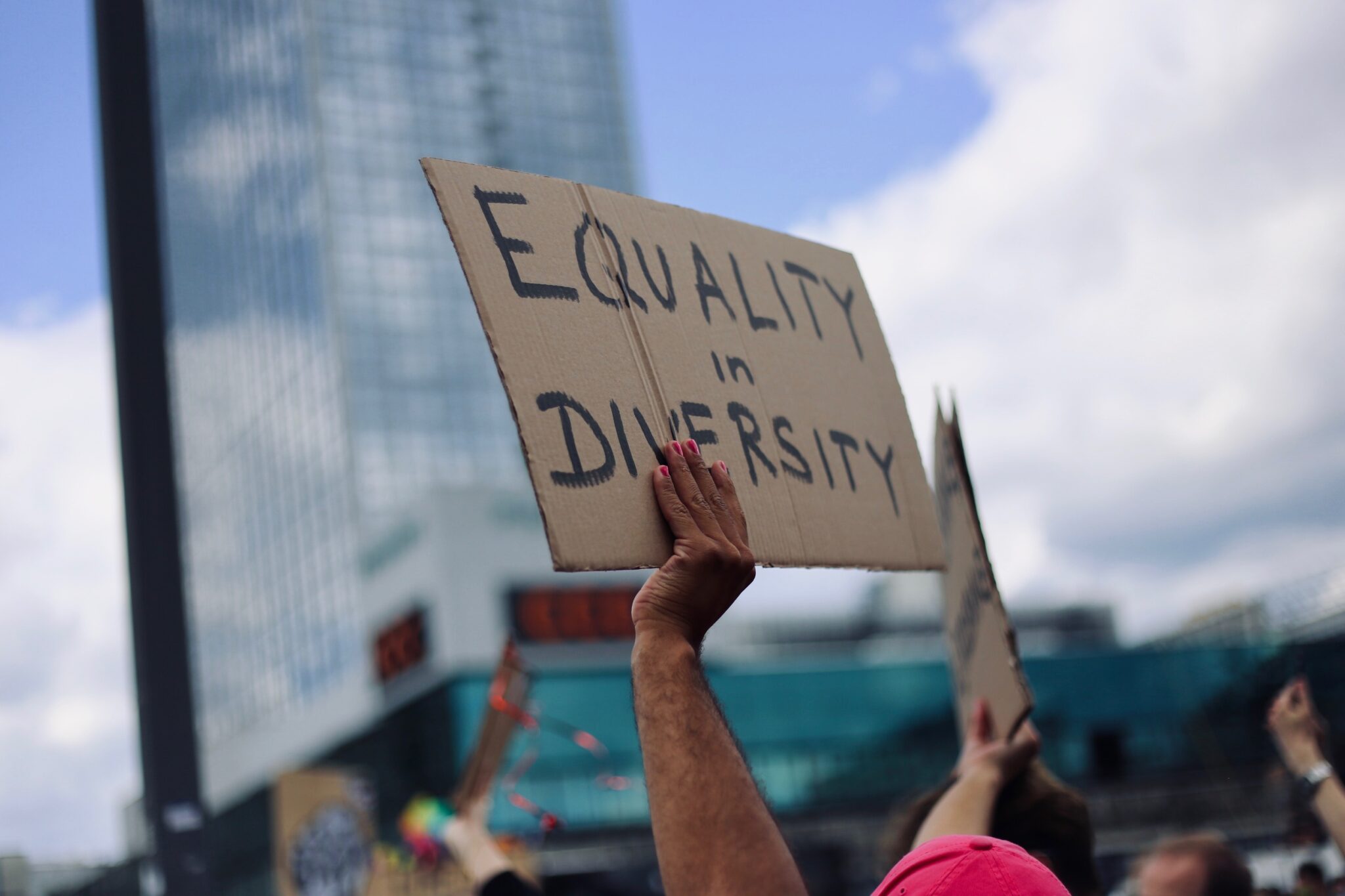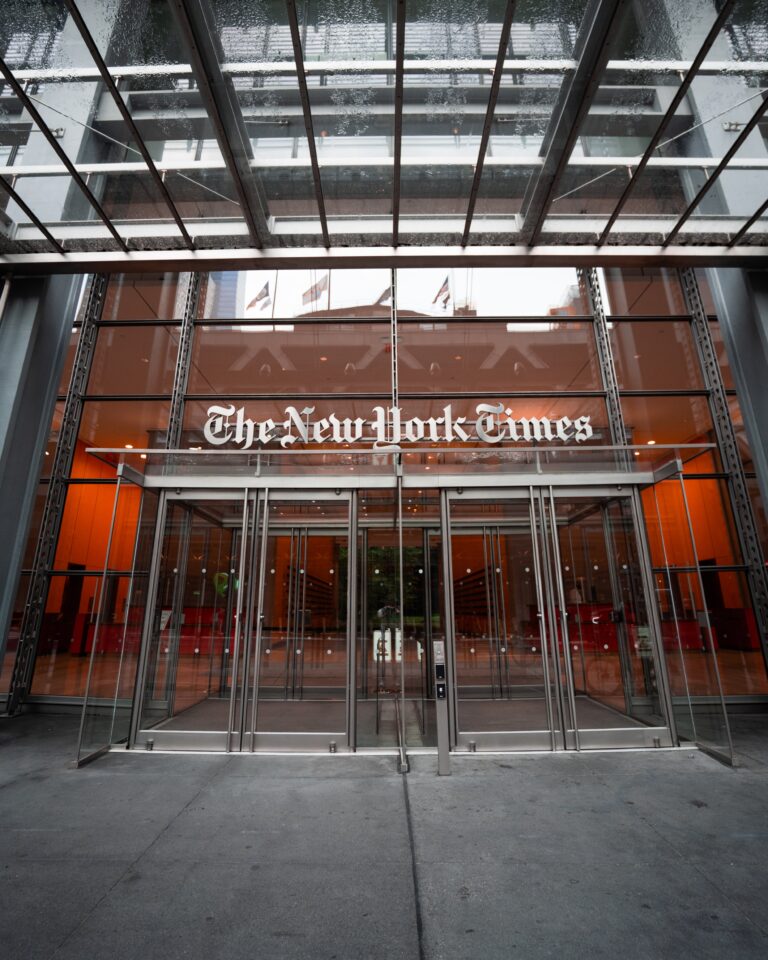
Dallas Estes is a student at Harvard Law School and a member of the Labor and Employment Lab.
Students for Fair Admissions (“SFFA”) breathed new life into the movement against diversity, equity, and inclusion (DEI) in the workplace. After SFFA was decided, a conservative group immediately put “woke corporations” on notice that DEI programs were in its crosshairs, and 13 Republican state AGs issued a warning letter to companies “reminding” them that discrimination is unlawful “whether under the label of ‘diversity, equity, and inclusion’ or otherwise.” In response, 21 Democratic AGs disavowed the letter as “intimidation” and assured companies that their DEI programs remained lawful.
In the midst of this crossfire, one thing is clear: employers are likely to face a chilling effect in the development of DEI initiatives after SFFA. Private corporations have been slammed with EEOC complaints, shareholder litigation, constitutional challenges, Title VII actions, and § 1981 suits — to name a few. This post will take stock of three avenues that have been used to challenge DEI initiatives — shareholder suits, administrative law, and Title VII — and briefly speculate as to what comes next.
Shareholder Litigation
In 2020, Starbucks committed to increasing representation of BIPOC (Black, Indigenous, and people of color) employees in its workforce. A minor shareholder of Starbucks later brought suit for breach of fiduciary duty, alleging that Starbucks had “violated their fiduciary obligations to all Starbucks’ shareholders” by adopting potentially unlawful DEI policies that put the company at risk. A federal judge dismissed the suit, saying: “If the plaintiff doesn’t want to be invested in ‘woke’ corporate America, perhaps it should seek other investment opportunities rather than wasting this court’s time.” Securities experts suggest that a similar suit against Target for its diversity policies and sale of Pride merchandise is unlikely to succeed.
If the courts bar the door against shareholder challenges to diversity policies, it would be a major win for employers committed to diversity. In the wake of SFFA, the legal boundaries surrounding diversity initiatives are uncertain. If shareholders were permitted to bring suit on the basis of legal risk alone, companies would be vulnerable to litigation as they review or reshape their DEI policies.
Administrative Law
In 2021, Nasdaq, a private U.S. company that operates the second-largest stock exchange in the world, proposed a rule requiring Nasdaq-listed companies to disclose aggregated characteristics of their boards of directors, including gender, race, and LGBTQ+ status, and to provide an explanation if the board lacked “diverse” directors. The SEC approved Nasdaq’s rule, finding that though it might encourage some companies to increase board diversity, it did not impose a quota. The Alliance for Fair Board Recruitment (AFBR) — whose President, Edward Blum, is also the President of Students for Fair Admissions — petitioned for review of the rule, alleging violations of the 1st and 14th Amendments, the Administrative Procedure Act (APA), and the Securities Exchange Act. The Fifth Circuit, in a unanimous panel opinion by Judge Higginson, upheld Nasdaq’s rule. The court held that Nasdaq was not a state actor, that its rule could not be attributed to the SEC, and that the SEC had not violated the APA or exceeded its statutory authority.
Two aspects of this case are worth noting. First, the court’s holding enforces a relatively robust state action requirement. Because labor and employment are extensively regulated by state and federal agencies, a lower bar for state action in the SEC context could have signaled vulnerability for DEI policies in the employment context. Second, the court seemed to embrace the SEC’s distinction between disclosures and quotas, suggesting the former remain lawful after SFFA. Because some employment laws depend on disclosure of demographic data — including AI workplace regulations — this is a small victory for the status quo.
While these are reasons to breathe a sigh of relief, AFBR petitioned for en banc review of the case, which was decided by a rare panel of three Democratic appointees in arguably the most conservative circuit in the country.
Title VII
Though Students for Fair Admissions was decided under the Equal Protection Clause (EPC) and Title VI, many have noted its potential to affect discrimination law more broadly, and Title VII specifically. First, the case appears to embrace “colorblind” constitutionalism, and has already been cited to that effect outside the education context. Second, because Title VII, like Title VI, bars discrimination on the basis of race, color and national origin, there is ample ground for courts to import SFFA into Title VII claims. (Indeed, Justice Gorsuch’s concurrence in SFFA seems to be a call to do just that.)
This is cause for concern as the Supreme Court gears up to hear Muldrow v. City of St. Louis, where it will consider whether Title VII § 703(a)(1) requires a showing of harm in the transfer context. If the Court lowers the standard for Title VII claims while embracing a colorblind (or “anticlassification”) constitutionalism, it could aid reverse-discrimination challenges. Judge Ho recently championed precisely this reasoning in his concurrence in an en banc decision by the Fifth Circuit that significantly relaxed that circuit’s threshold for bringing Title VII claims. Judge Ho wrote that the circuit had “restored . . . the Civil Rights Act for the benefit of all Americans,” analogizing to what the Supreme Court had done in Groff v. DeJoy and SFFA. A relaxed Title VII standard would, he explained, “help restore federal civil rights protections for anyone harmed by divisive workplace policies” under the guise of “diversity, equity, and inclusion.”
One case to watch is Diemert v. City of Seattle, in which an employee brought Title VII, § 1983, and constitutional claims against his employer, the City of Seattle, based in part on its affinity groups and antiracism trainings in the workplace. A Washington federal court denied the City’s motion to dismiss, citing SFFA for the statement that the City must establish that its affinity groups are narrowly tailored for a compelling state interest. The court’s opinion is ambiguous as to whether SFFA is cited for the legal standard or to suggest that the City’s interests may be insufficiently compelling under SFFA.
What’s Next
Taking a step back, things could be worse. As of now, employers have retained something invaluable: control. Companies need time to assess their diversity policies in a shifting legal landscape. If shareholder suits become a robust avenue for private individuals to upend DEI policies that pose just a risk of legal challenge, employers could be barred at the pass. Similarly, if courts hold that agencies are obligated to intervene in private DEI policies, or that such policies are attributable to the state, experimentation could wane.
Title VII is likely the key. Some maintain that DEI policies remain unaffected by SFFA; after all, employment decisions based on race were already illegal under Title VII. But if Title VII’s standard is altered — or if courts crack down on diversity “proxies” or facially neutral diversity policies — it could change the game. Consider, for example, the N.Y. State Bar Association’s comprehensive report with DEI recommendations, including trainings, mentorships, and outreach programs. It’s not hard to imagine an anti-classification Title VII standard, especially one sensitive to proxies, striking down mentorship or outreach programs if they are perceived as having the intention of improving diversity of certain groups.
But, for now, these are rumblings — ones which hopefully will not become law.










Daily News & Commentary
Start your day with our roundup of the latest labor developments. See all
February 10
San Francisco teachers walk out; NLRB reverses course on SpaceX; NYC nurses secure tentative agreements.
February 9
FTC argues DEI is anticompetitive collusion, Supreme Court may decide scope of exception to forced arbitration, NJ pauses ABC test rule.
February 8
The Second Circuit rejects a constitutional challenge to the NLRB, pharmacy and lab technicians join a California healthcare strike, and the EEOC defends a single better-paid worker standard in Equal Pay Act suits.
February 6
The California Supreme Court rules on an arbitration agreement, Trump administration announces new rule on civil service protections, and states modify affirmative action requirements
February 5
Minnesota schools and teachers sue to limit ICE presence near schools; labor leaders call on Newsom to protect workers from AI; UAW and Volkswagen reach a tentative agreement.
February 4
Lawsuit challenges Trump Gold Card; insurance coverage of fertility services; moratorium on layoffs for federal workers extended